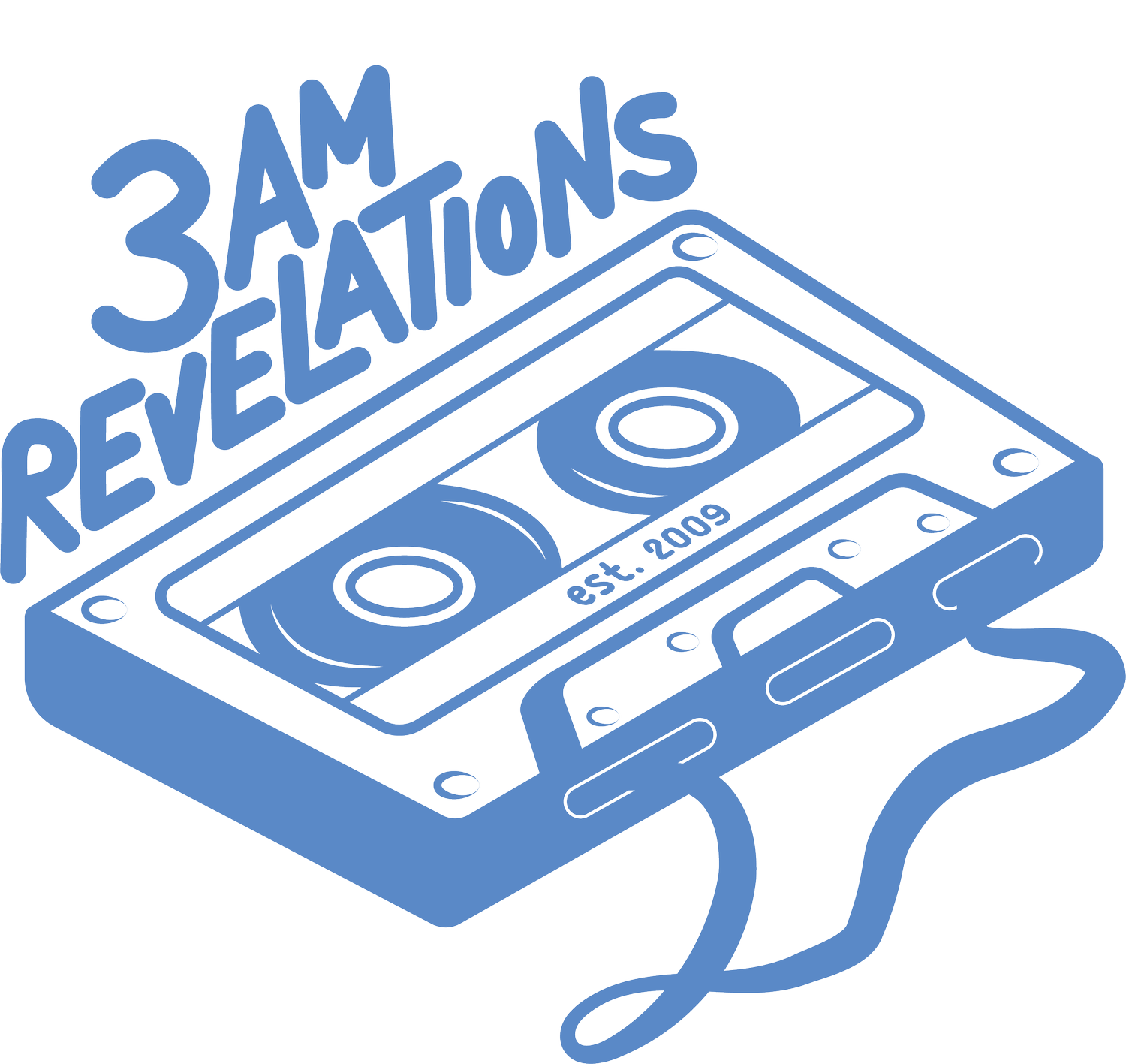Les Chemins De Verre by Karkwa
 I admit, it can be somewhat strange to listen to music in a language you don't understand. As someone that pays attention to both music and lyrics, being cut off from half that experience can make it harder to really get into a band. Harder, but not always impossible (one of my favourite bands, for instance, sings both in a language I don't understand, and one that no one understands).
I admit, it can be somewhat strange to listen to music in a language you don't understand. As someone that pays attention to both music and lyrics, being cut off from half that experience can make it harder to really get into a band. Harder, but not always impossible (one of my favourite bands, for instance, sings both in a language I don't understand, and one that no one understands).The band in question here is Montréal's Karkwa -- who amazed me away the minute I first saw them live, in a show where they blew out a speaker at the Biltmore -- and Les Chemins De Verre is their fourth album. From what I can piece together through my own (very limited and rusty) French and Google Translate (there are not a lot of English articles on the album, which is a great shame) it was recorded partially in Paris, with very little preproduction; a lot of it was based on spontaneity, improvisation and impulse. It was about capturing a moment, not recreating it, and the album somehow manages to be more complex, yet more accessible than their previous, Le Volume De Vent.
"Le pyromane" starts, appropriately enough, with a crackling fire before the band kicks in, gradually building to a roaring blaze, and introduces their rich and lush wall of sound which continues right into "L'acouphène". The gorgeous "Moi-léger" slows things down, at first driven solely by a piano, but one by one the full band joins in finally basting in full force, only to drop back out at the end. "Marie, tu pleurs" is a more upbeat and catchy track that is impossible not to join in on the handclaps, and it leads well into "Le bon sens", whose seemingly cheery beginning seems to hint at something darker, that kicks in midway through the song. The first single from the album, "Les chemins de verre" brings the high energy back as it races through, only pausing briefly to catch its breath before screeching to a halt.
"Dors dans mon sang" is breathtakingly beautiful, featuring a heartbreaking piano that melds first with Louis-Jean Cormier's haunting voice, then a chorus of ooh's as it swells and intertwines with well placed feedback, before suddenly dropping, ending again with Cormier over light piano.
This is juxtaposed by the frantic "La piqûre" which sees the layers voices and cacophony of noise adding to the frenzy, and segueing into "Les enfants de Beyrouth", keeping up the same level of intensity with its plinking piano keys. The moody "Au-dessus de la tête de Lili-June" is mostly spoken word, and the layered, repeating lines -- along with the sparse music, and even the tone of voice -- makes it sound creepy as hell. But "28 jours" comes in light and calm, melodic and almost reassuring and it, too, builds to a grand ending, though never shedding its optimism. "Le vrai bonheur" ends as the album began, with a cracking fire in the background, and a song that seems, thematically, the opposite of the opening track, and gives you a feeling that lives up to the title.
It is kind of amazing how something like this can instill so much emotion. No, I do not understand what he is singing, and yes, I am just hearing his voice as another instrument; but despite that, I am filled with a variety of emotions throughout the album. Maybe even more so that songs that I understand, as with these there is more room for interpretation. That is why I am afraid to find out the translations of the songs. Sure, part of me does wants to go through each song and find out what they mean, but I fear that this would ruin them for me. That it would be drastically different from what it is in my mind. And to say nothing of the poetry of the songs. No doubt the translations would never match up perfectly and would most likely come across clunky and awkward.
I may not ever fully understand the meaning behind the songs, but what I do know is that the five members of Karkwa are all brilliant, and that Les Chemins De Verre will no doubt end up being one of my favourite albums of the year.
Download L'acouphène
Download Moi-léger
Download Dors dans mon sang
